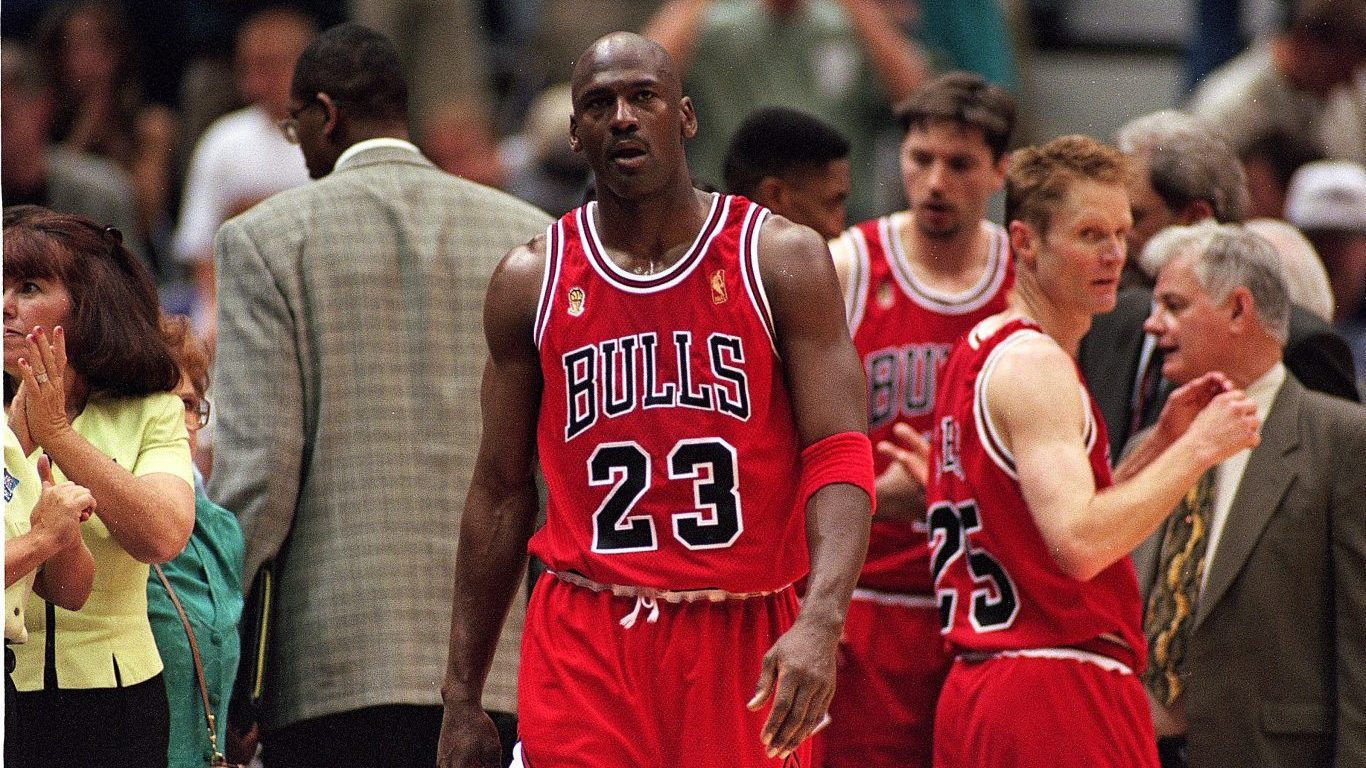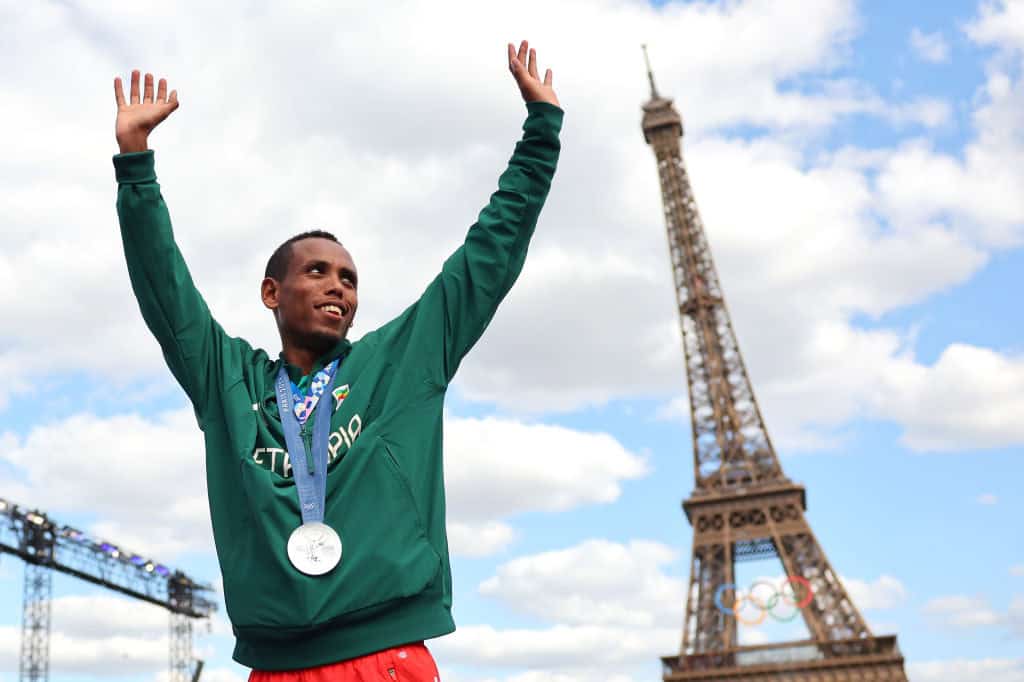
The Olympics happen only once every four years, and that’s a good thing for the cities that host them. These days the Games are a multi-billion-dollar business that requires cities to build new infrastructure, hire and train additional security, and host millions of visitors. According to an Oxford study, for the past 60 years, every host city has massively overspent its budget. In fact, the economic strain of the 2004 Athens Olympics was a contributing factor to Greece’s financial instability over the past 20 years. Will the same happen to Paris, or will the 2024 Olympics be a goldmine not only for the world’s elite athletes but for the host city itself?
24/7 Wall St. Insights
- Paris pulled ahead of 5 other contenders to host the 2024 Summer Olympics.
- It has not had to spend as much as some other Games in recent history because the city already has such well-developed infrastructure.
- Also: Discover “The Next NVIDIA
Why Does It Matter?
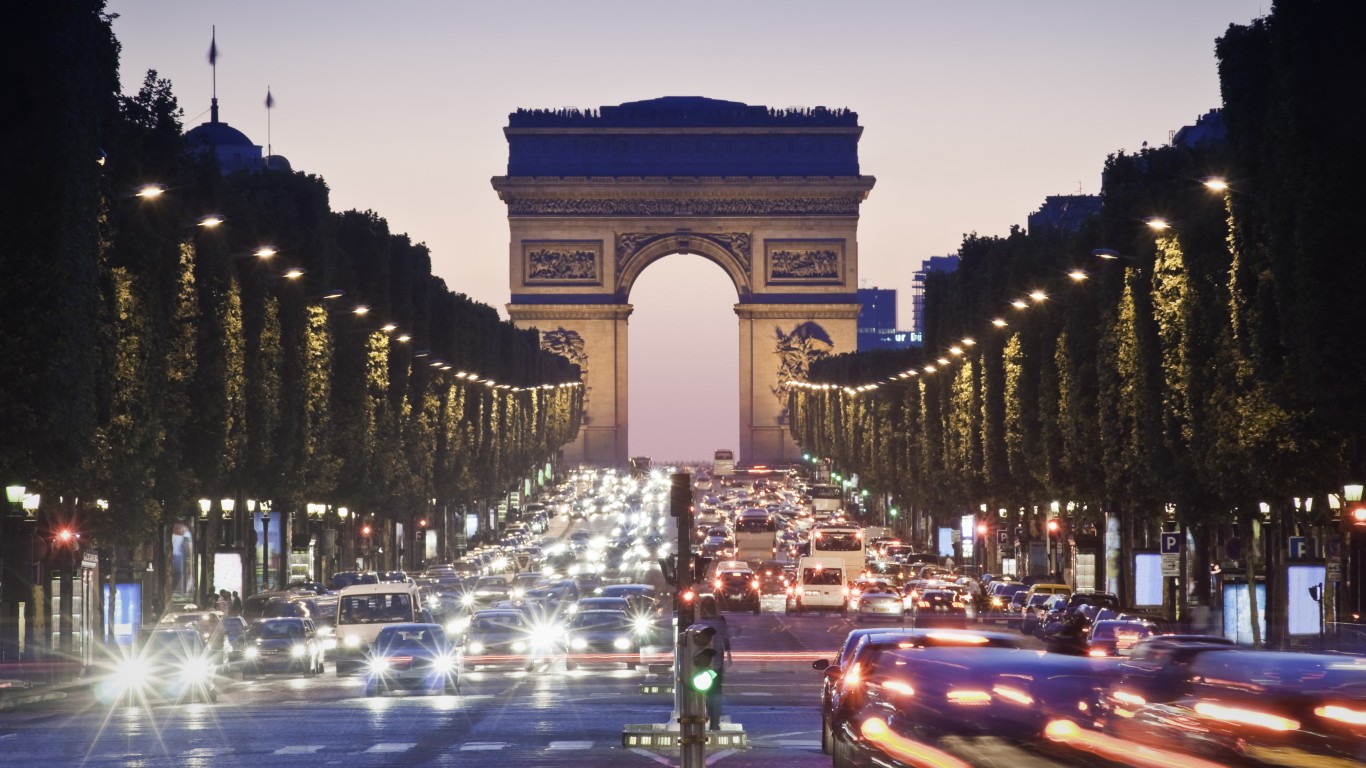
We researched information from the International Olympic Committee, Oxford, and online news sources to bring you the best data on the costs of the Paris Olympics. Why should you care?
- If you are an investor, it may prompt you to look for Olympics-related opportunities; if not for these games, then for those coming up in the future.
- Readers involved at any level in city planning, infrastructure, or the tourism industry can get a picture of how such a complex event can be carried out in an already intensely developed city.
- Paris hosts about 50 million visitors a year—equivalent to the entire population of South Korea! If you plan to become one of them, the material in this article might help you appreciate the city even more.
How Are Olympic Cities Chosen?
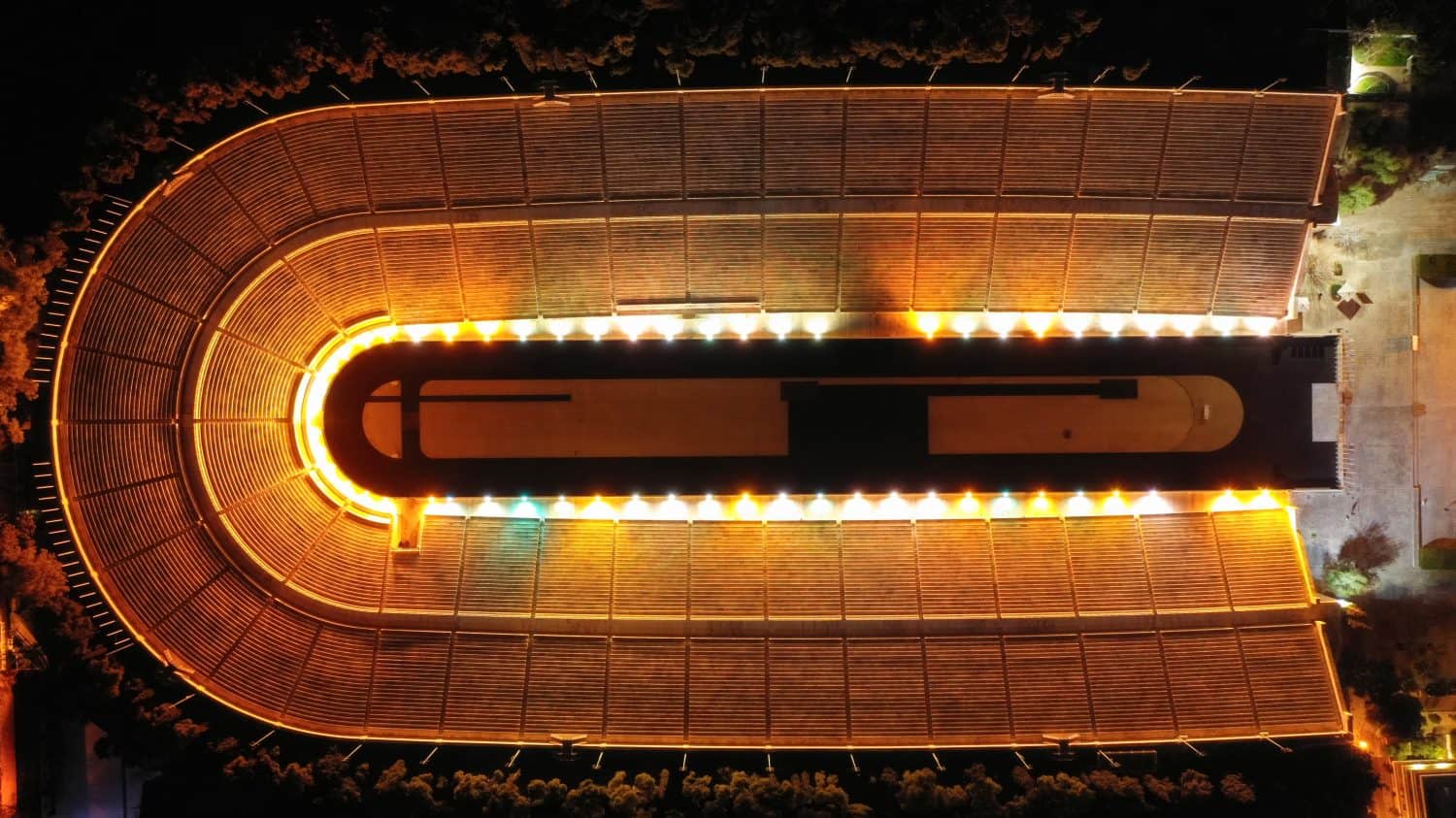
The Olympics are governed by the International Olympic Committee based in Lausanne, Switzerland. It includes 111 active members drawn from participating nations. Cities desiring to host the Summer, Winter, or Youth Olympics send proposals to the Committee, which votes on them by secret ballot. Cities must demonstrate how they will use current infrastructure and build new facilities to host the athletes, trainers, media, and millions of guests the event will attract.
The IOC typically requires at least 40,000 hotel rooms for visitors and an Olympic Village to house 15,000 athletes and officials. Sports facilities must meet the size, seating, and safety requirements of the IOC. Sufficient transportation must exist or be constructed to move people from one event to another in different parts of the city and its environs.
What Does the IOC Look For in a Host City?
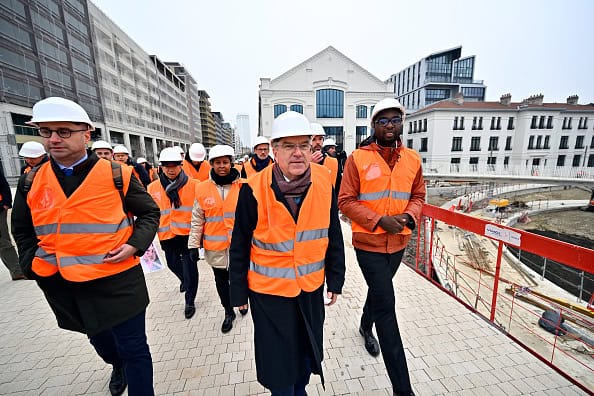
These are some of the things the IOC considers before approving an Olympic host city:
- What is the city’s vision and master plan for hosting the event?
- Is the host country geopolitically stable?
- How will the event impact the population and the environment?
- Has the city previously hosted large athletic events?
- Does it have sufficient accommodations and transportation infrastructure?
- How will safety and security be ensured?
- How will this help advance the city’s plans for long-term development?
- How will the country fund the preparations and operation of the event?
- Do the country’s political leadership and the citizenry support it?
- What is the host’s vision for the event’s sustainability and its legacy after the Games?
What Other Cities Were in the Running?
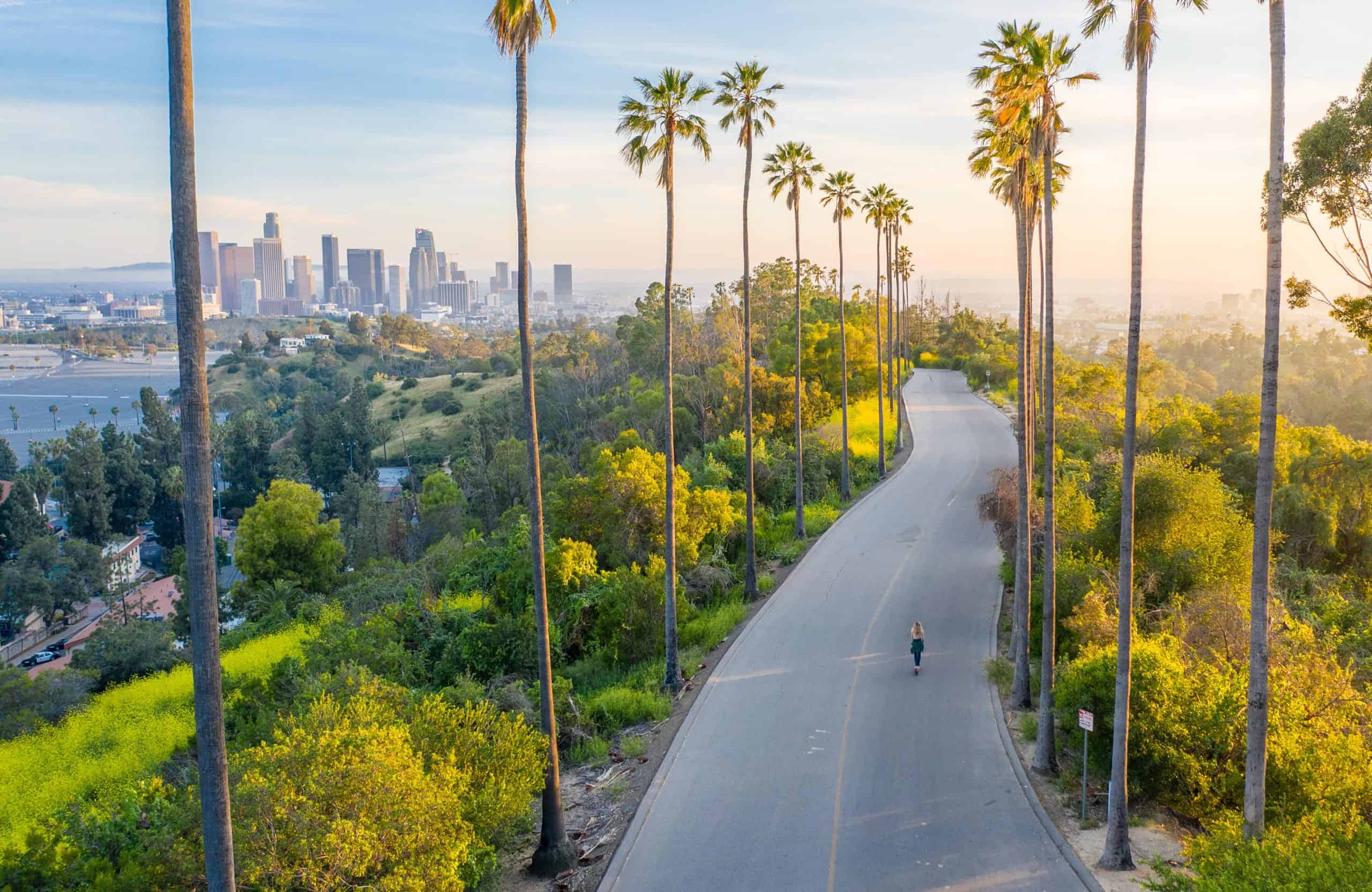
6 cities were seriously considered as potential sites for the 2024 games:
- Boston withdrew its application due in part to ambivalence among the city’s citizens.
- Hamburg held a referendum that did not gain enough support, so it also withdrew.
- Rome dropped its bid due to financial problems.
- Budapest gave up after a successful petition drive among those opposed to the Olympics.
After these cities withdrew, the only remaining candidates were Paris and Los Angeles. Both cities had strong applications and had plans to use already existing facilities more so than some previous hosts had done. The IOC decided to approve both cities at the same time: Paris for 2024 and Los Angeles for 2028.
2024 Olympic Venues
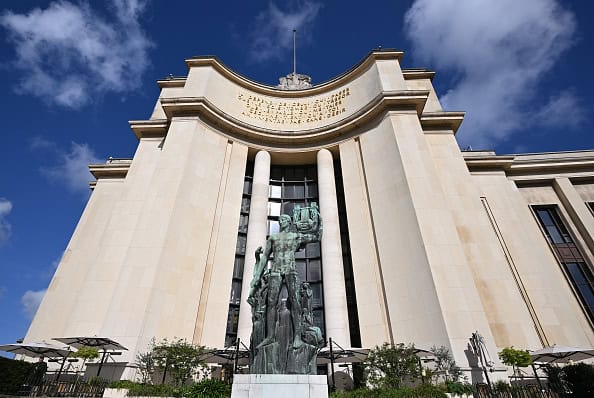
In preparation for the Games, the French organizers renovated some existing facilities and built other new ones that in some cases are intended as temporary structures. Most of the Olympic events are being held in Paris, some events are taking place in other French cities. For example, sailing will take place in Marseille on the Mediterranean. Surfing will take place on the other side of the world in French Polynesia in the Pacific.
Paris Transportation Improvements
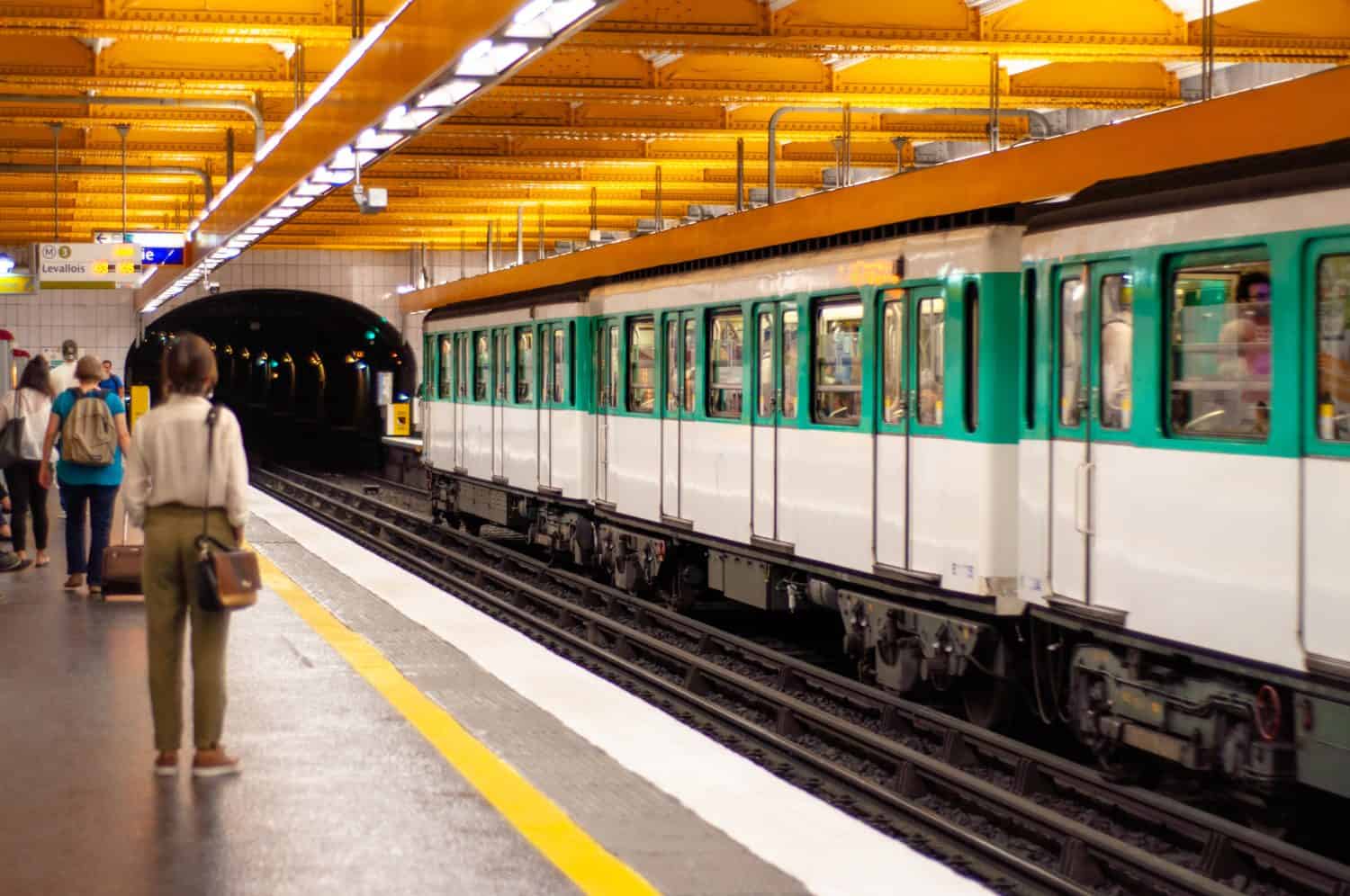
France spent about $546 billion on transportation infrastructure for the Games. This included extending the reach of the Paris Metro, installing 37 miles of new bike lanes, and increasing public transportation services by 15%. With throngs of people and vehicles crowding the streets, Paris marked out 115 miles of traffic lanes reserved for security, athletes, the media, and Olympic officials so that they can make it quickly to where they need to be on schedule.
Security at the Paris Olympics
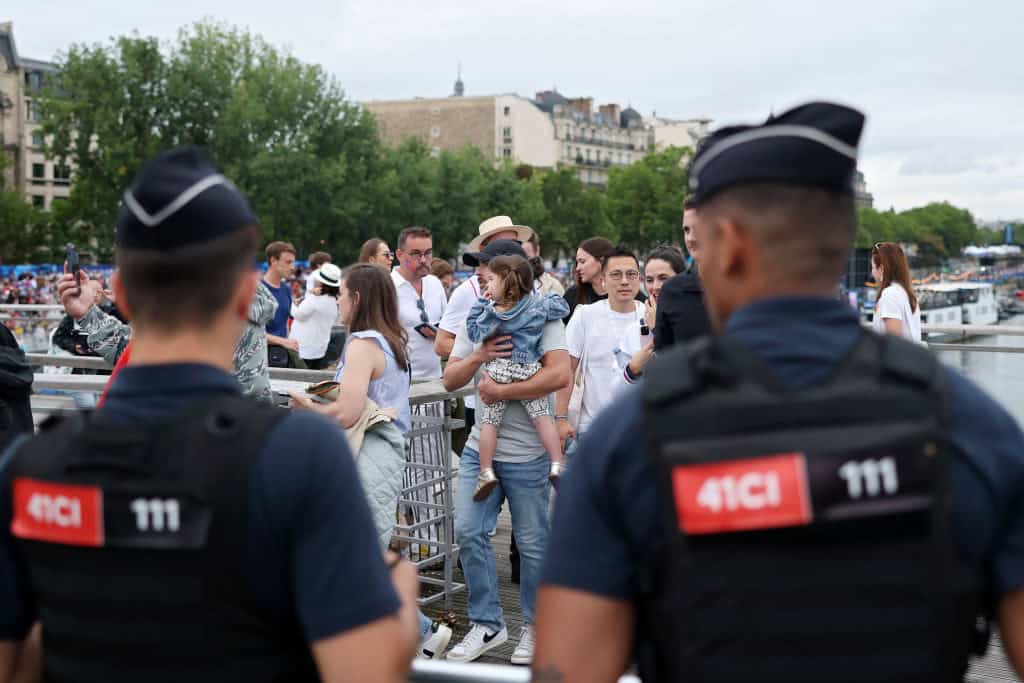
With about 2 million visitors expected from all over the world, the Olympics represent a serious security challenge. The French government increased their deployment of drones and sea barriers to guard the country’s English Channel coastline. The British army provided France with surface-to-air missiles to defend against airborne attacks. 75,000 additional military and police are patrolling the streets of Paris, including security troops from Poland and Qatar and police officers from 40 countries. The Los Angeles, New York City, and Fairfax County police departments have all sent police officers to help.
Venue Problems at the 2024 Olympics

Not everything has been smooth sailing at this year’s Olympics. Conditions for the athletes have sometimes been inadequate. The organizers have tried to make 30% of the food served at the event venues plant-based to reduce the environmental impact. This has left some athletes and guests complaining of a lack of meat, and of meat sometimes served uncooked. As a result, some countries have flown in their own chefs and food supplies for their teams.
Similarly, the French Olympic committee opted not to install air conditioning in the Olympic Village but to use a geothermal system to provide natural cooling. Many teams responded by bringing air conditioning units with them, but athletes from under-resourced countries have not been able to afford to do the same. This certainly undermines the goodwill and international friendship intended in housing athletes together in an Olympic Village.
Comparison of Cities’ Olympic Costs
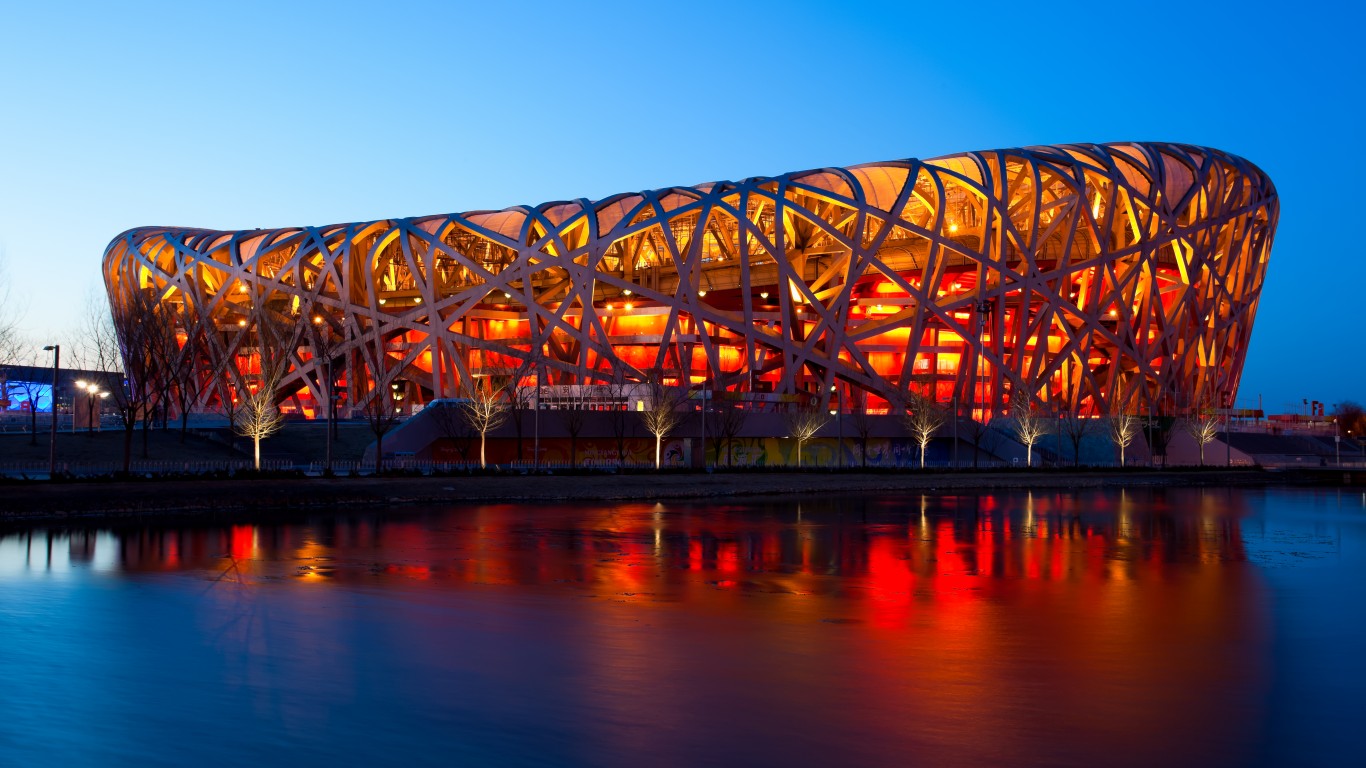
This table compares the estimated costs host cities incurred from the Summer Games since the year 2000. In addition to building infrastructure, host cities invest a great deal in preparing spectacular opening and closing ceremonies and in security for the events.
| Year | City | Cost |
| 2000 | Sydney | $8.1 billion |
| 2004 | Athens | $18.7 billion |
| 2008 | Beijing | $52.7 billion |
| 2012 | London | $13.3 billion |
| 2016 | Rio de Janeiro | $13.1 billion |
| 2020 | Tokyo | $35 billion |
| 2024 | Paris | $8.2 billion |
Future Olympic Cities
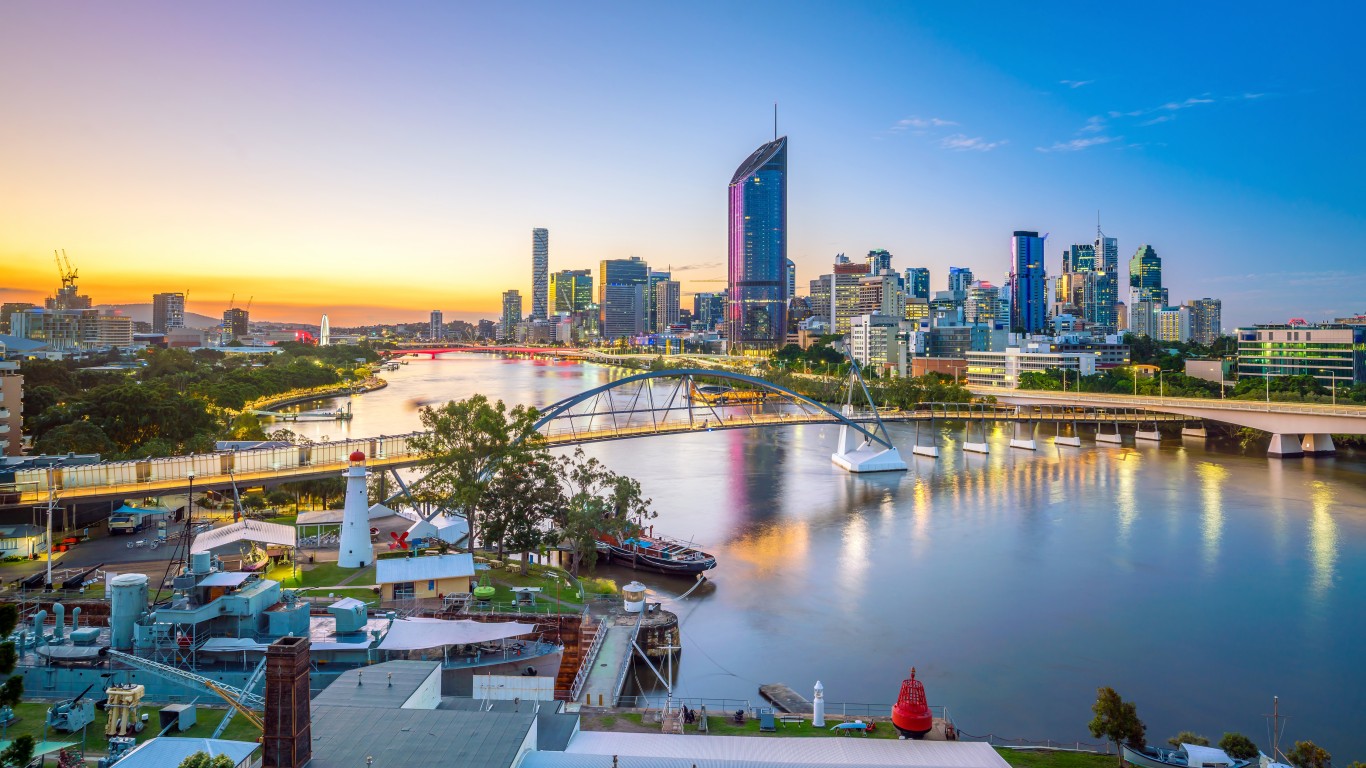
The host cities for the next two summer Olympics will be Los Angeles (2028) and Brisbane (2032). If you’re a resident of either city, now is the time to start thinking about whether you will stay in the city and see any of the events for yourself, or maybe leave town and rent your house out as an Airbnb to visitors. With some advance planning, you can rake in some of that Olympic gold for yourself!
Thank you for reading! Have some feedback for us?
Contact the 24/7 Wall St. editorial team.
